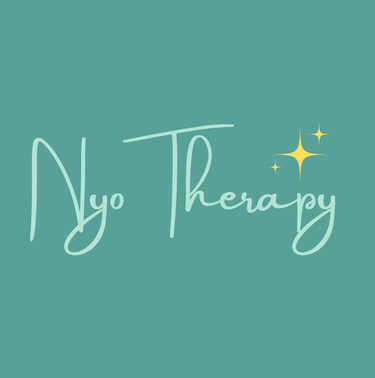Tips for Smoother Transitions with Toddlers and Preschoolers
8 Parent Tips to help your toddler or preschooler with transitions and daily routine.
Priscilla Nyo, LMFT IFECMHS
7/24/20253 min read


Tips for Smoother Transitions with Toddlers and Preschoolers
If your little one melts down every time it’s time to clean up, leave the park, or shift to a new activity, you’re not alone. Transitions—those in-between moments when we shift from one thing to the next—can be surprisingly hard for toddlers and preschoolers.
And to be honest, they’re hard for us as adults too (right?!)
Transitions mean our young children have to use a lot of skills they are still learning — flexibility, emotional regulation, and a sense of time. So when your child resists, whines, or falls apart during these moments, it doesn’t mean something is wrong with them (or with you). It just means they need some extra support—and these tips are a starting point to add some more ease into your routine.
Here are some of my go-to tips for easier transition with kids under 5:
1. Take a Deep Breath (Yes, You!)
Before you do anything else, take one slow, intentional breath for yourself. Transitions can be chaotic, and our calm is often the anchor our children need most. Regulating yourself first sets the tone for the rest of the interaction.
2. Give a Heads-Up
Let your child know what’s coming. A simple heads-up helps prepare their brain for the shift.
“In two more minutes, we’ll put on our shoes”
3. Use Timers (Especially Visual Ones!)
Visual timers are wonderful because they show the passing of time in a way that makes sense to young children. For toddlers, I love using a visual animal timer and saying things like,
“When we get to the frog, it’s time to clean up!”
Here is the visual animal timer I use with kids -> Visual Timer for Kids
4. Try a Visual Schedule
Instead of repeating yourself again and again, show them what’s next. Visual schedules help build predictability and reduce power struggles by making the routine more concrete.
Try: “Let’s go see what comes after snack time!”
Routine Resources from Sesame Workshop -> Visual Routines
5. Bring in a “Helper” Friend
Sometimes a stuffed animal or toy friend can make all the difference. It adds playfulness, which can ease resistance.
Try saying, “Looks like piggy is ready to put on shoes with us!” "Will puppy or baby doll help you clean up your toys now?"
6. Make It Musical or Move It Out
Singing a cleanup song or turning transitions into a silly movement game helps everyone stay regulated—and makes it more fun.
Try: “Let’s hop like bunnies to the car!” or "Which song should we sing while we get our pj's on?"
7. Offer Playful Choices
Giving your child some control and choice during a transition can reduce pushback.
Try: “Do you want to fly like a bird or stomp like an elephant to the bath?”
8. Use Clear Statements, Not Questions
Avoid asking if they’re ready when the decision has already been made. Clear, confident language helps kids feel safe and secure in what’s expected.
Instead of “Are you ready to clean up?” Try: “It’s time to clean up now.”
Want to learn more tips for giving effective directions during transition? click here!
A Gentle Reminder
Struggling with transitions is developmentally normal. These tools won’t eliminate every hard moment, but they can absolutely help.
With consistency and a little creativity, transitions can go from chaotic to connected—and that makes a big difference in your day.
Need more support with your toddler or preschooler?
If transitions continue to be a challenge, reach out for support from a professional in your area.
Live in California and interested in services for your family?
Click here to learn more about supportive therapy services with Priscilla!
Download a Handout Version of the Tips Here:
Nyo Therapy: Early Years Parent & Child Therapy
Priscilla offers child play therapy, parent child therapy, in-home play therapy, and individual therapy for parents with young children. For families in San Diego, CA and virtually throughout California. Priscilla Nyo (Tebelman) offers services in-home, in-office and via tele-health.
Contact Priscilla
priscilla@nyotherapy.com
619-289-8093
© 2025. All rights reserved.
